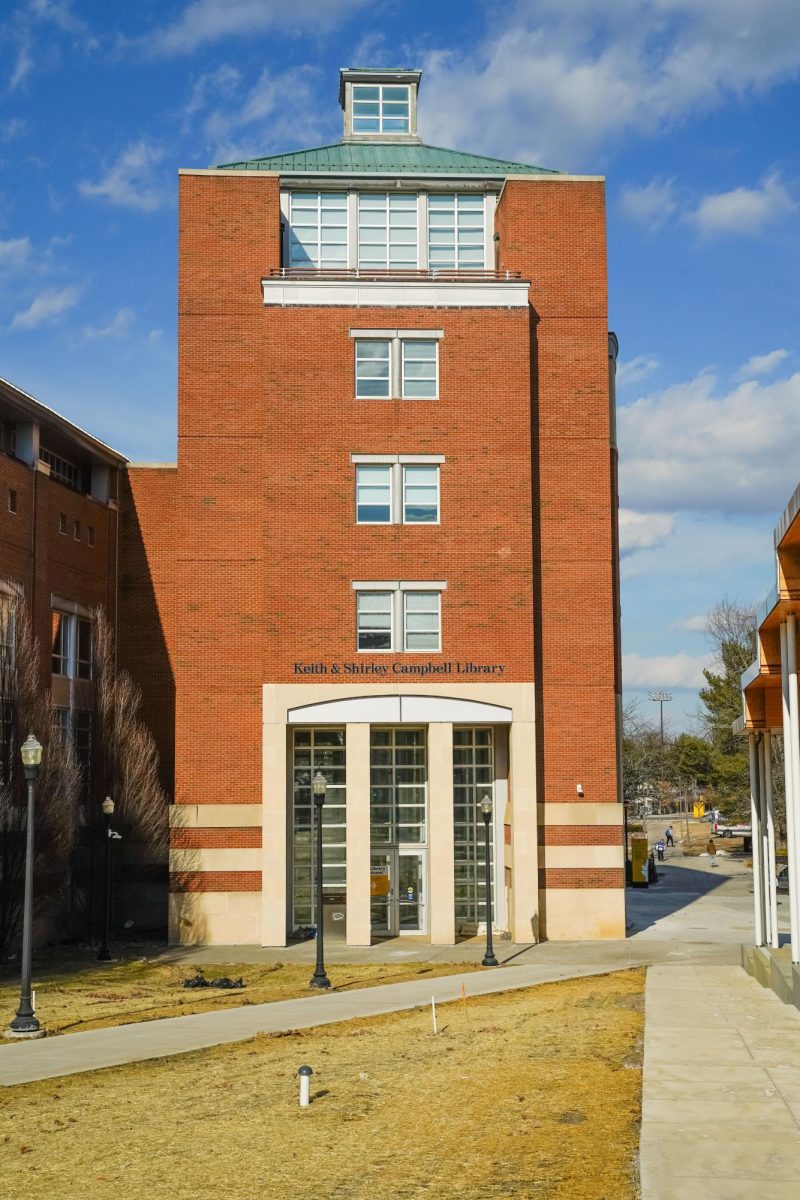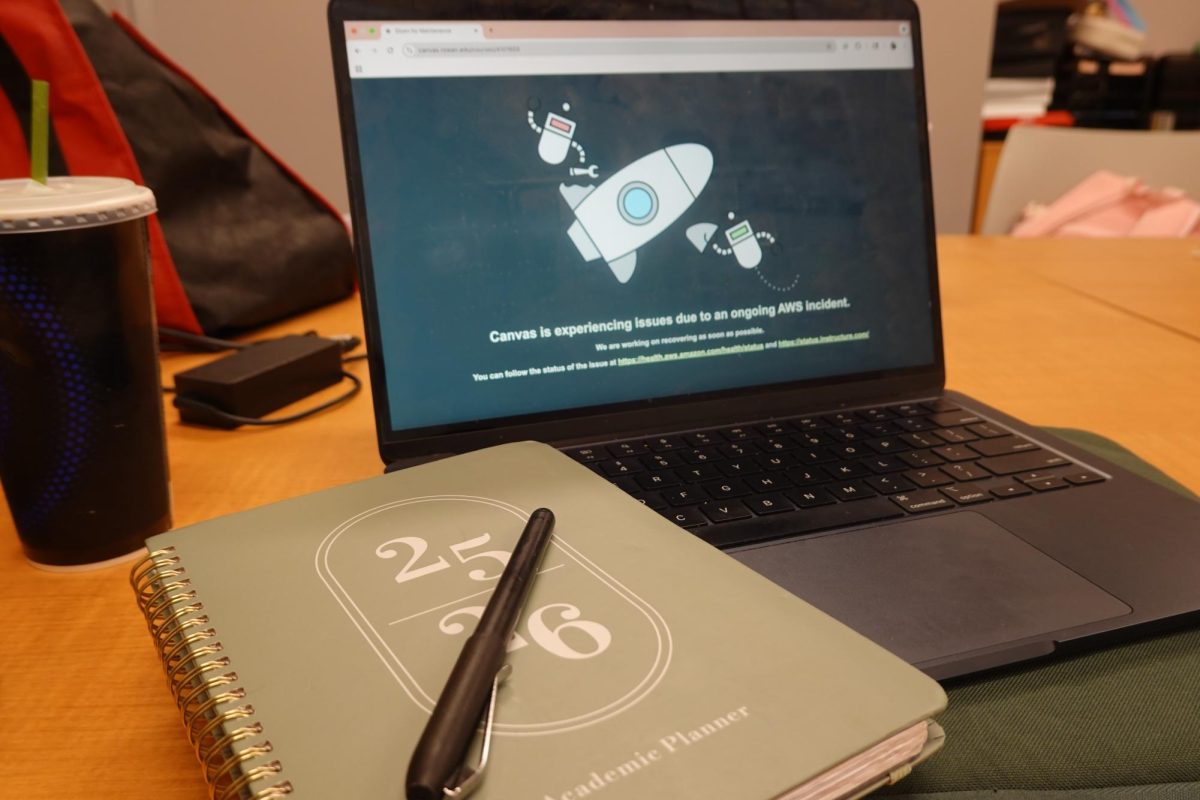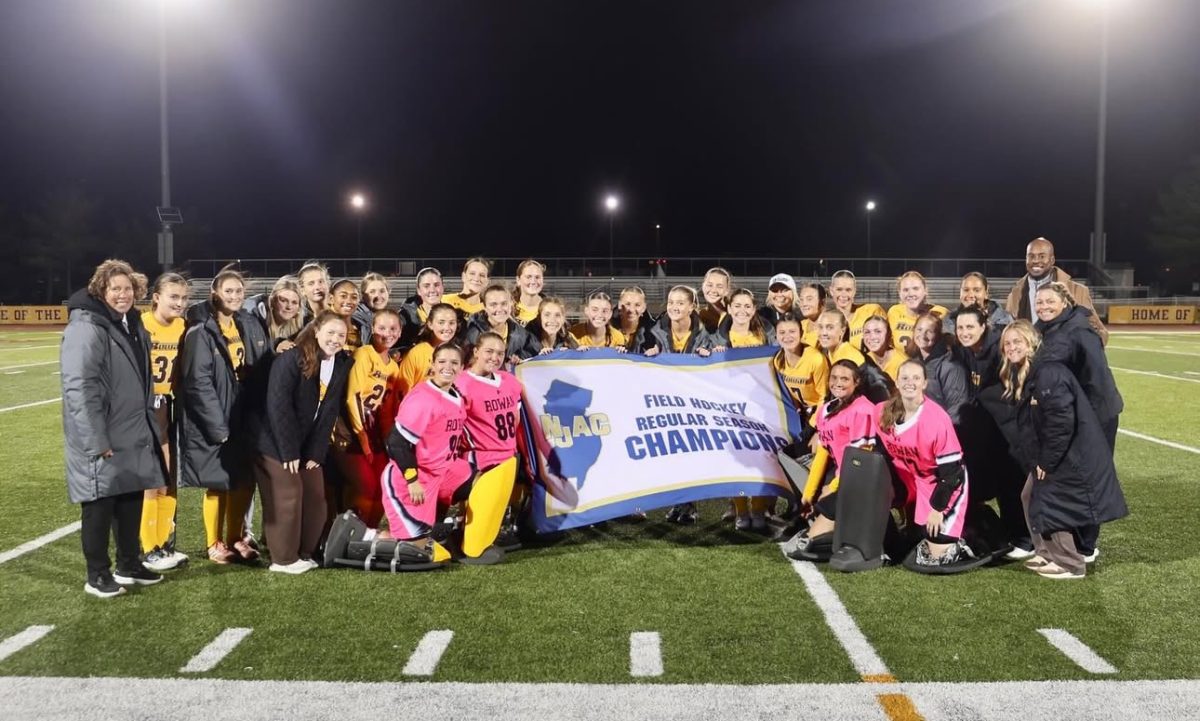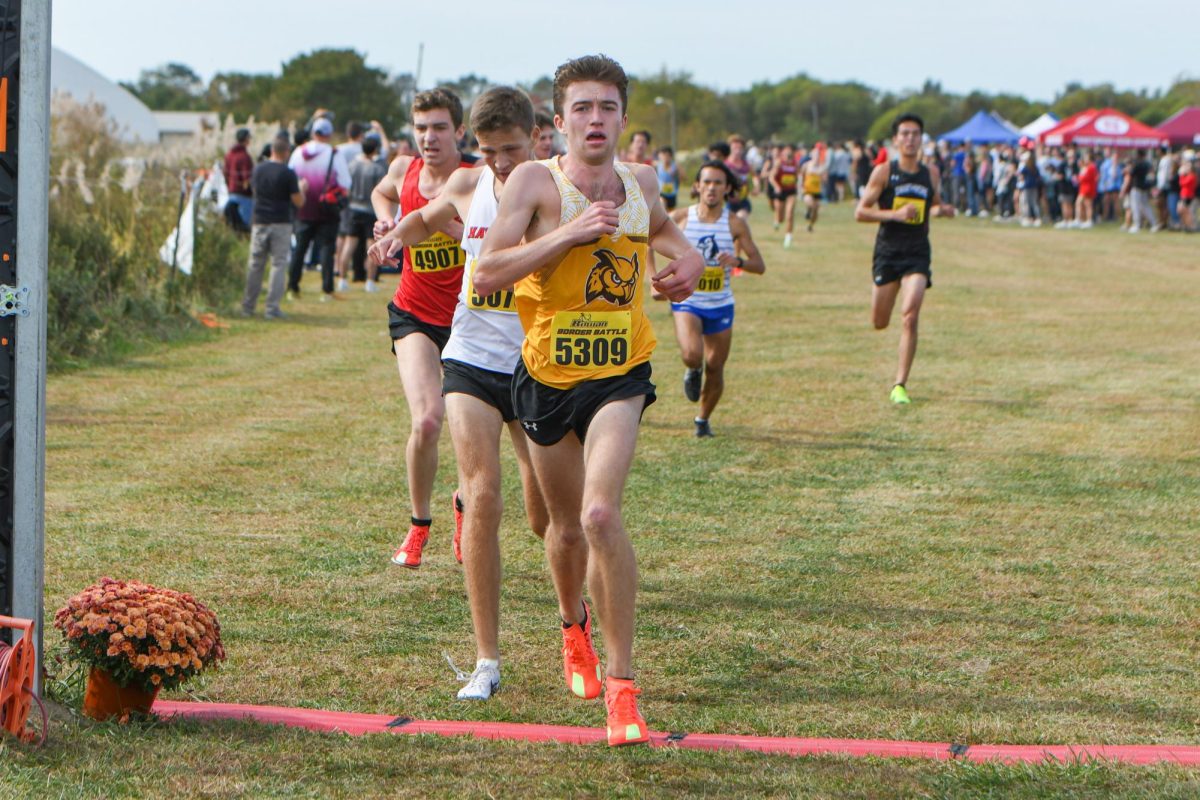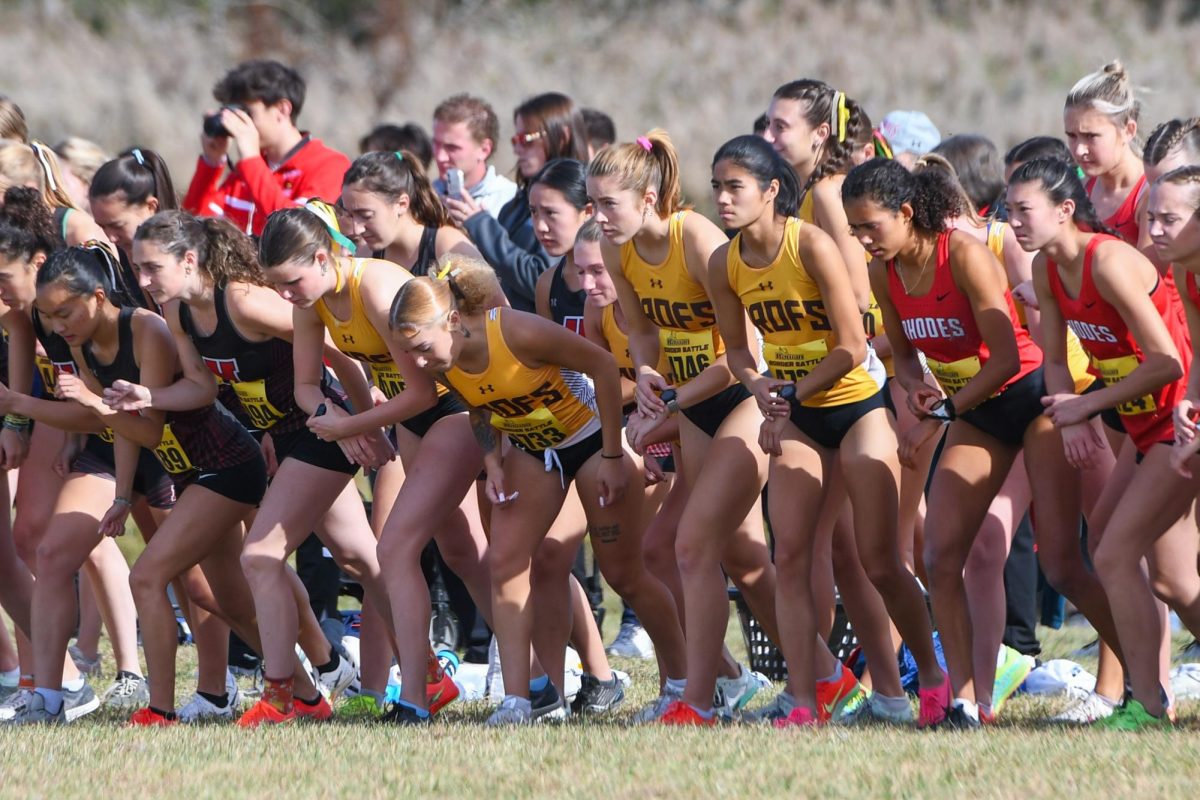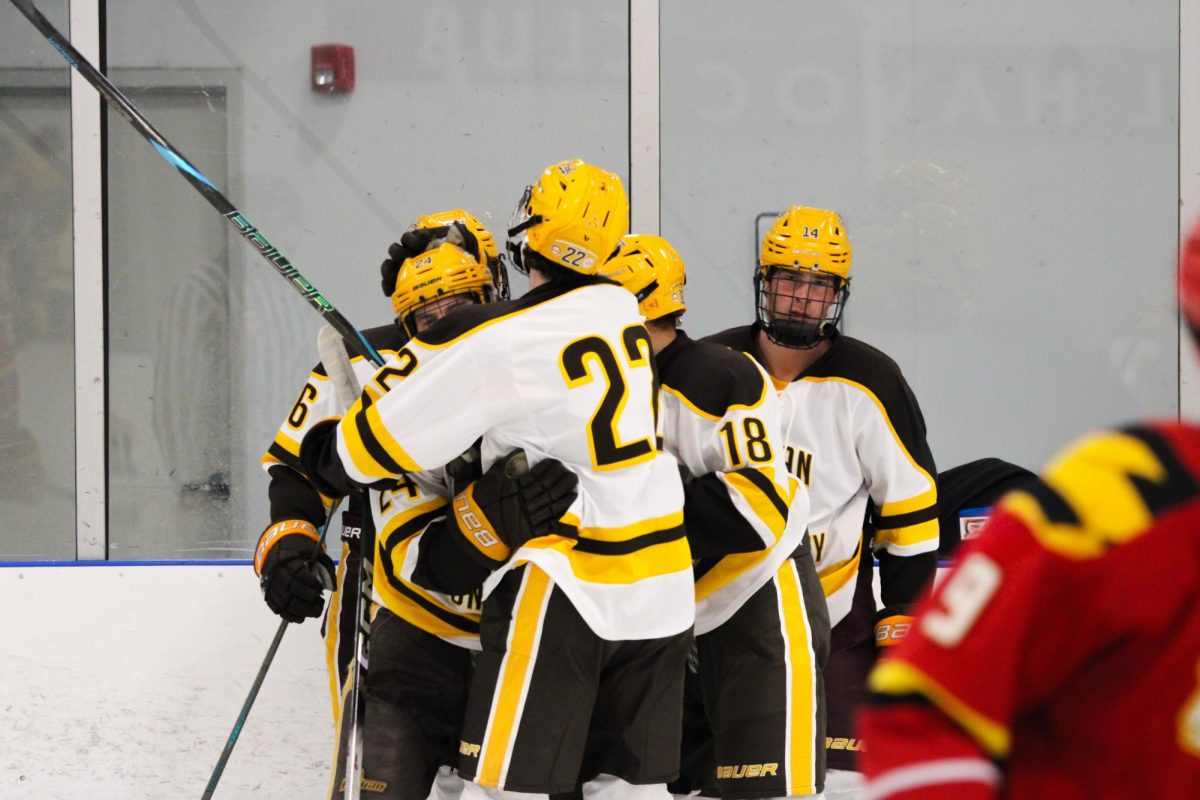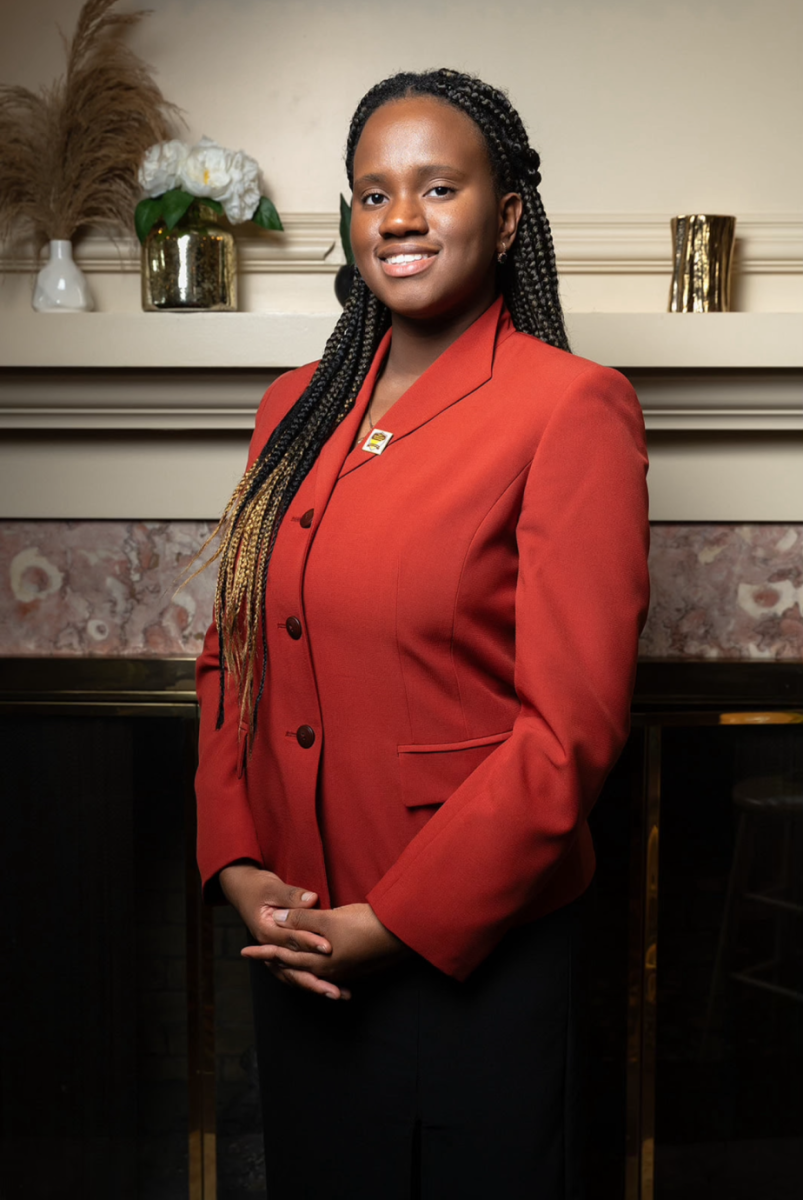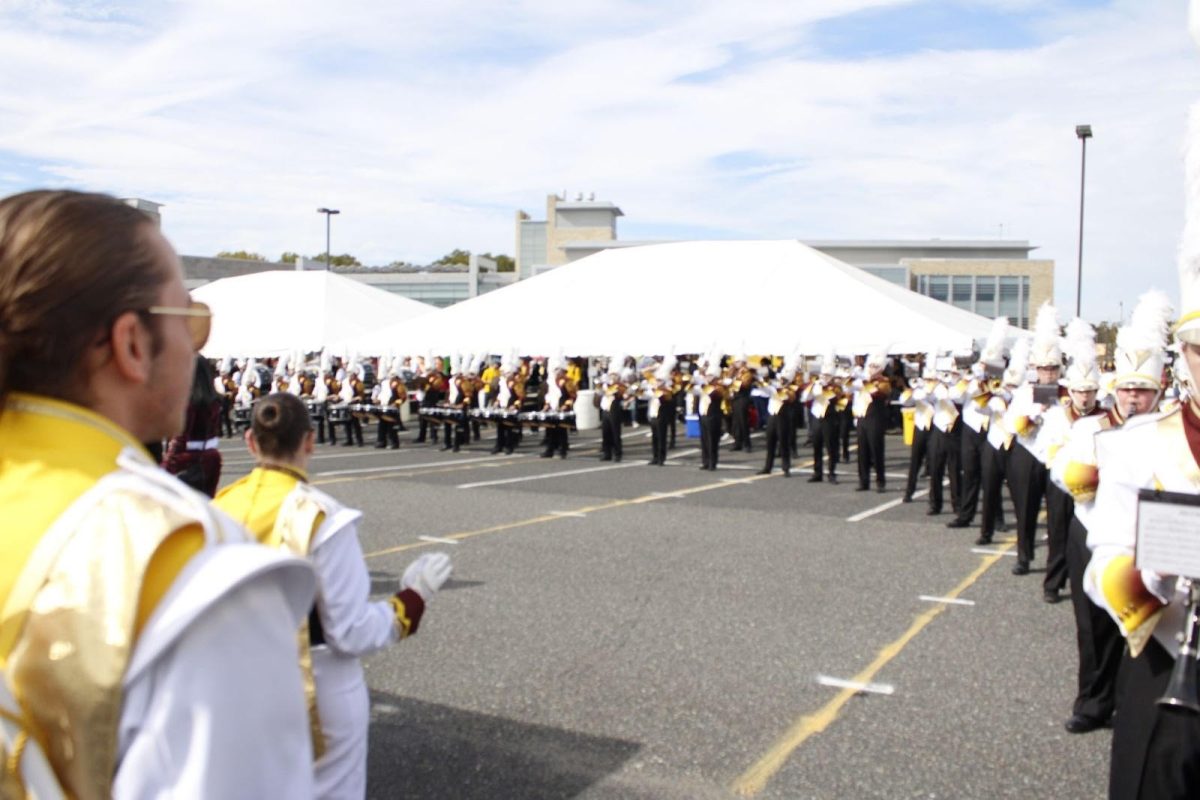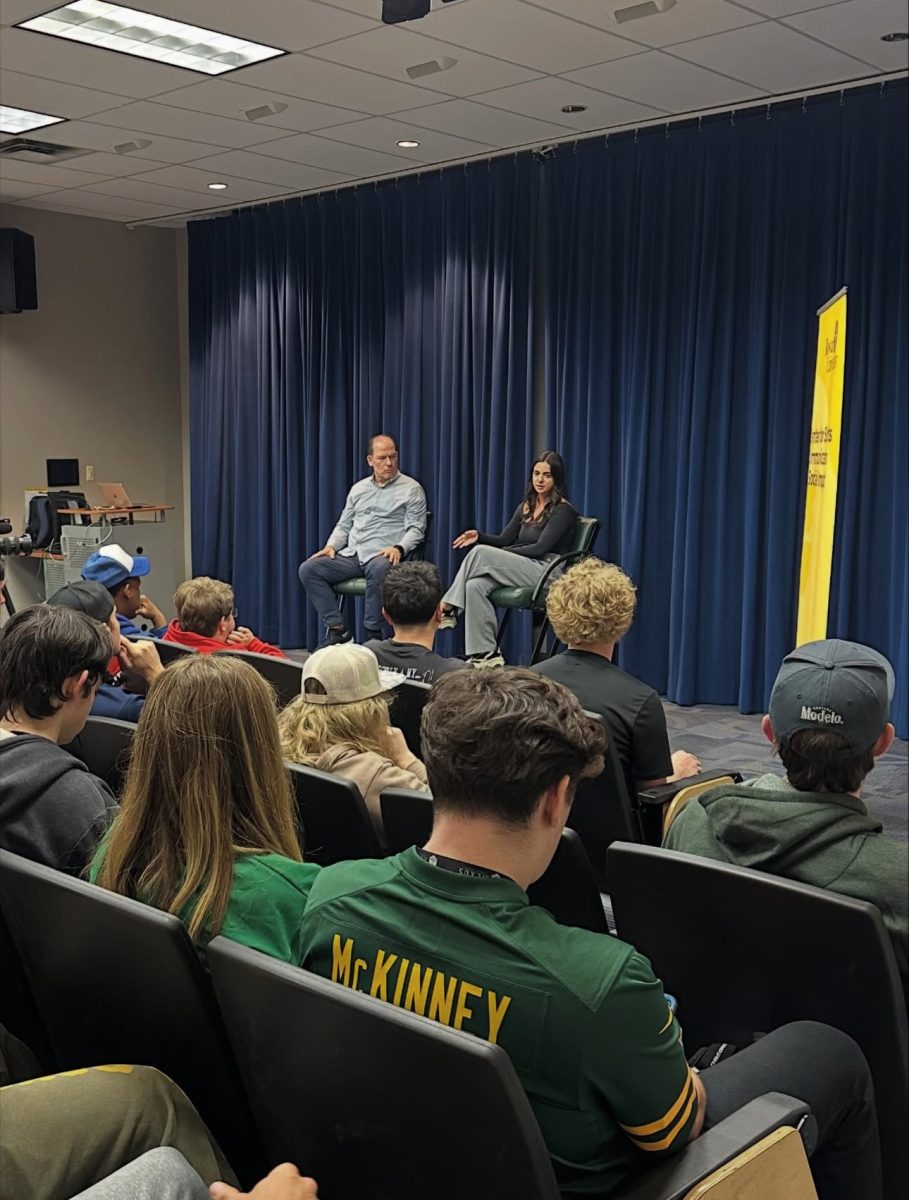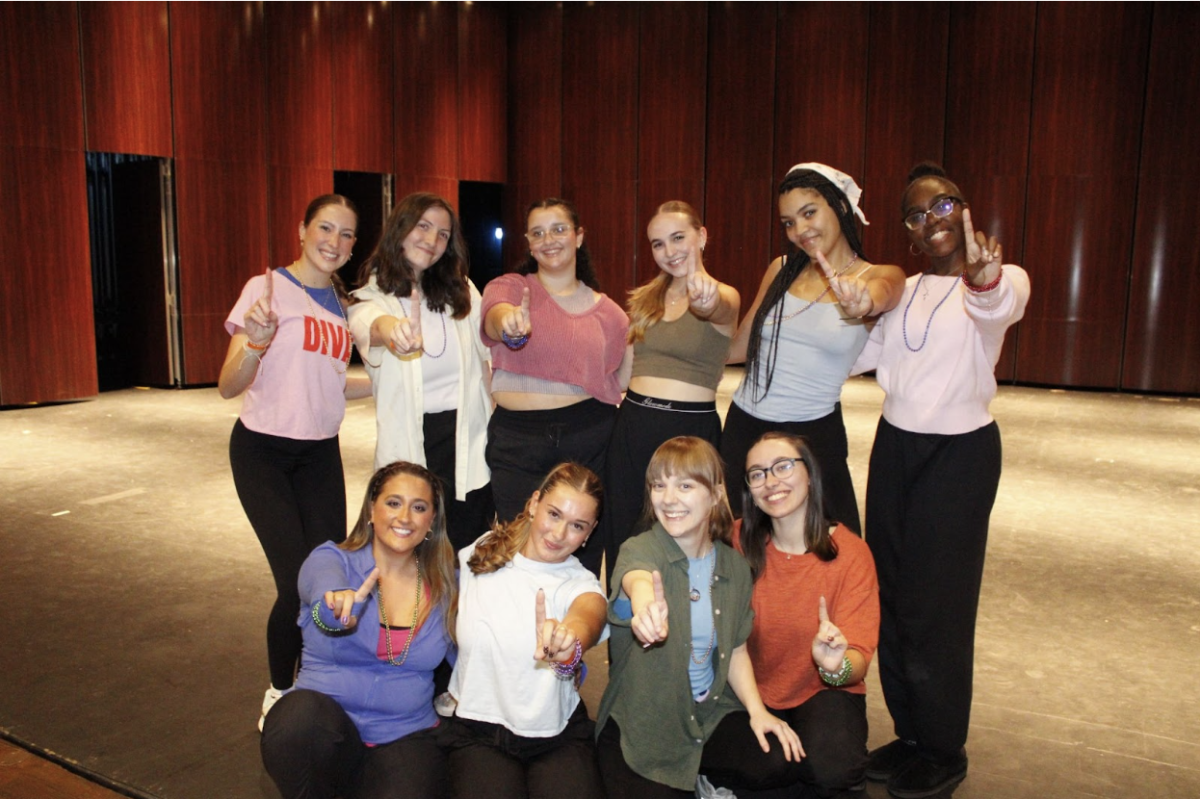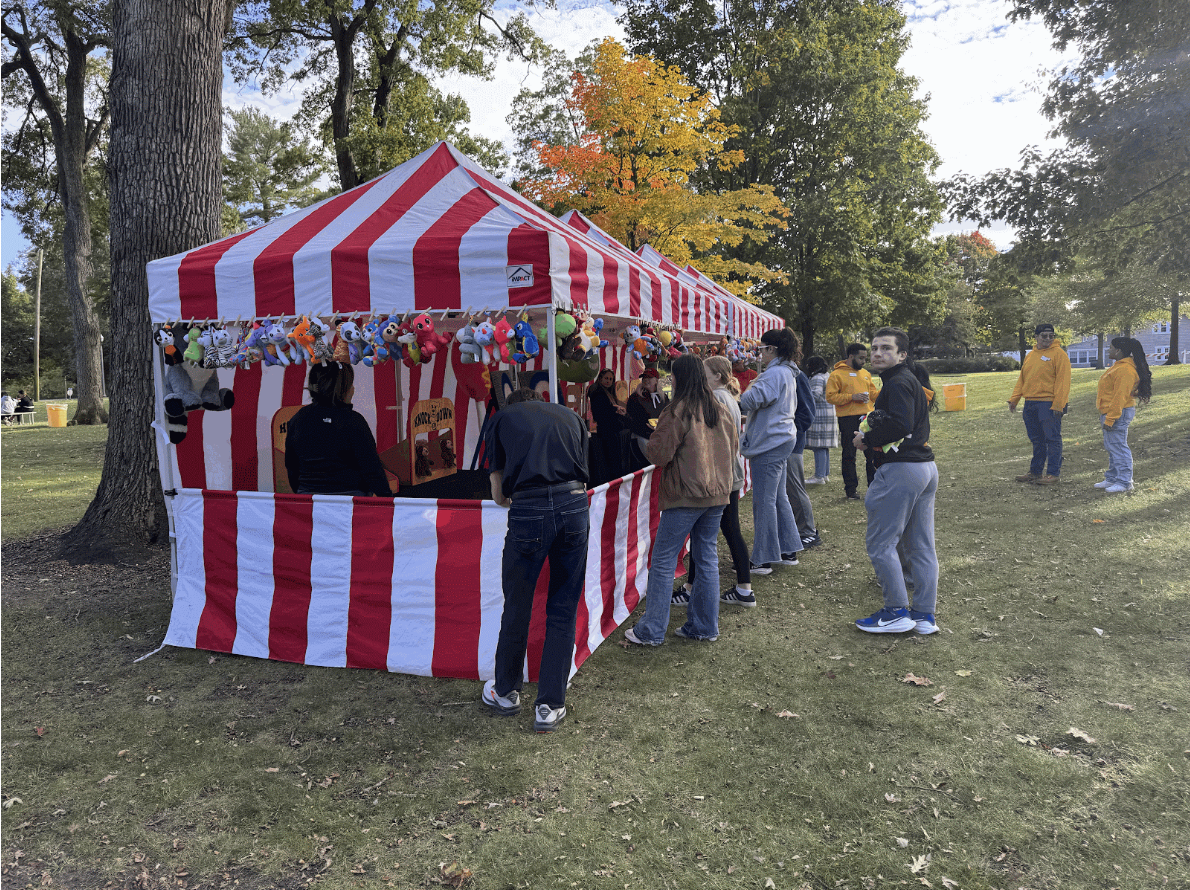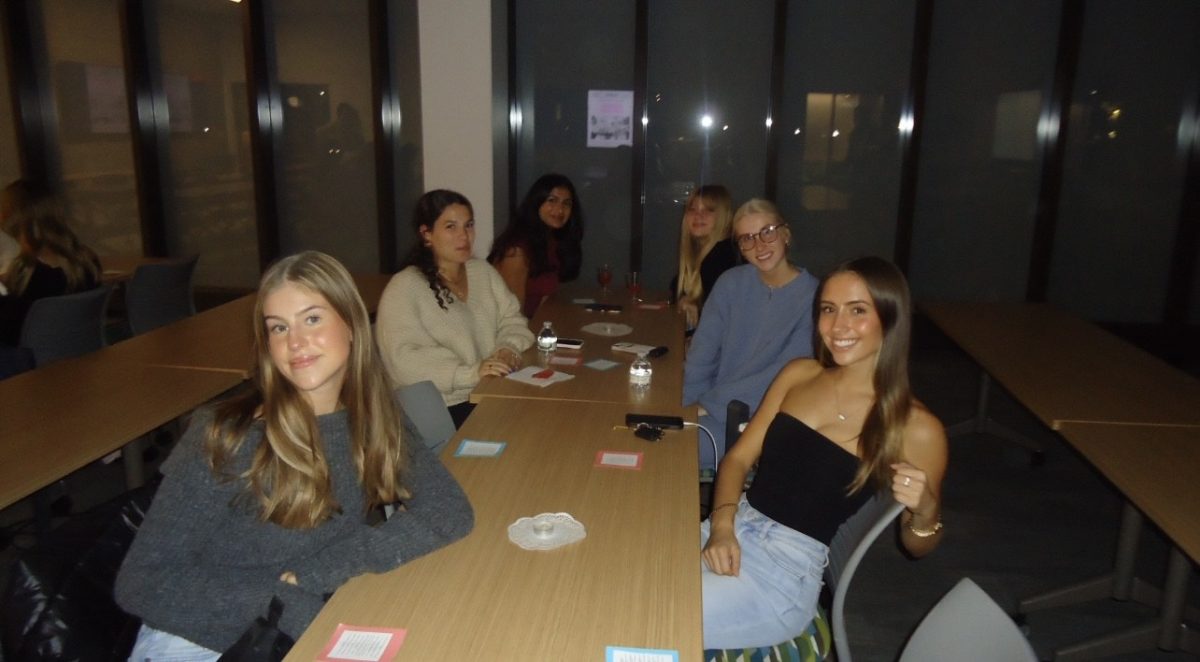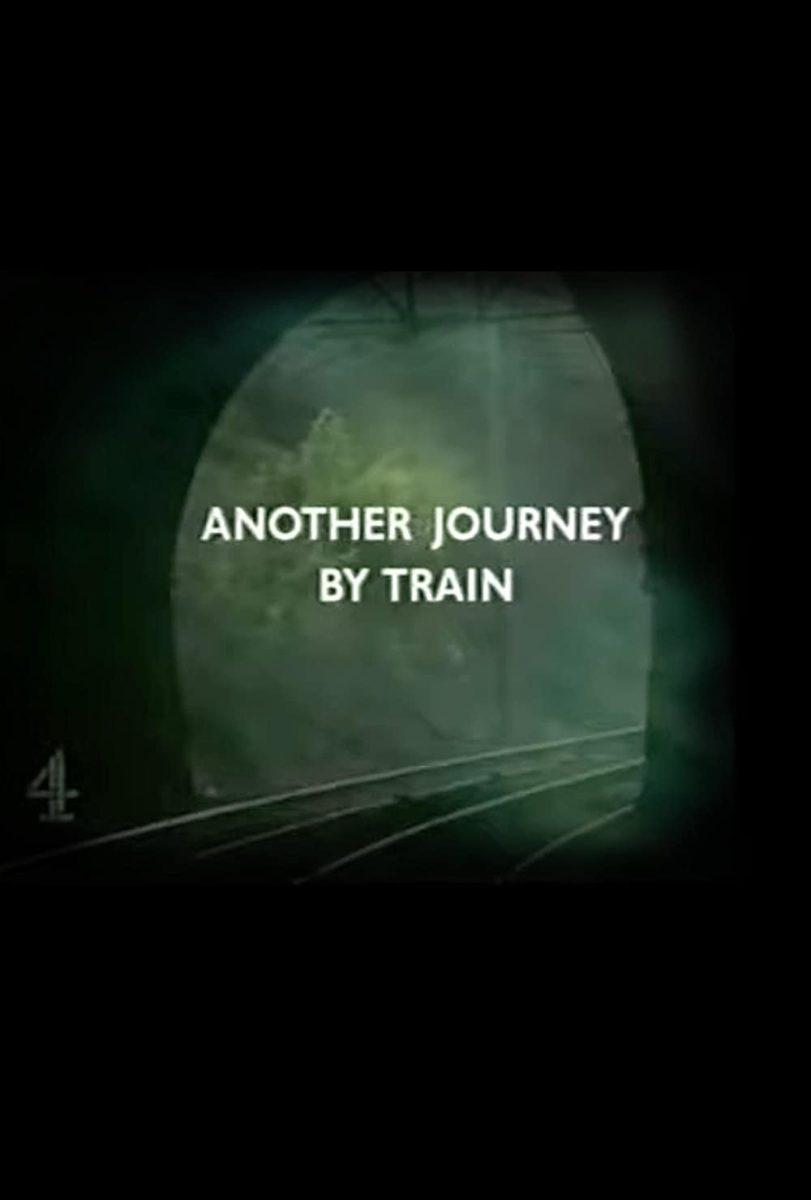On Jan. 31, a film screening and discussion of “Psychology of Neo-Nazis: Another Journey by Train to Auschwitz” was hosted by Professor Jody Russell Manning, the program director for the Rowan Center for the Study of the Holocaust, Genocide, and Human Rights (RCHGHR). It was co-sponsored with the College of Humanities & Social Sciences. The screening took place in the Science building in room 254 at 5 p.m.
The film is a 1993 documentary that was directed by Mark Cousins and Mark Forrest. It is about four young Neo-Nazis that travel across Europe discussing their belief, their love of Adolf Hilter and their disbelief in the Holocaust. Holocaust survivor, Kitty Hart invites the Neo-Nazis to visit the Auschwitz-Birkenau State Museum.
The four Neo-Nazis in the film are Ewald Althans, a German Neo-Nazi, Steven Cartwright, a Scottish Neo-Nazi, Gerhard Endres, an Austrian Neo-Nazi, and Erik Sausset, a French Neo-Nazi.
One of the Neo-Nazis in the film stated that they believed that Jews did suffer but not to the extreme of an orchestrated campaign for the genocide of Jews. The same Neo-Nazi also did not believe in the use of gas chambers against Jews.
Hart was in five prisons and six concentration camps. She was in prison and was sentenced to Auschwitz in 1943, where she spent two years. In the film, Hart explains that disbelief in the Holocaust is due to their schooling.
“I’m afraid it boils down to education or the lack of education into the Holocaust these past 48 years,” Hart said.
Students such as Josh Phillips, a graduate student, also expressed their disbelief that individuals could hold such opinions.
“I think they’re LARPers, I don’t believe anyone could be that ignorant of the Holocaust,” Phillips said.
Manning always wanted to show the film but stated that it was an old film. He worked in the Auschwitz Museum and the film was the first film they had him watch. He decided to show the film with everything going on with American politics.
“After what has currently gone on with American politics, I thought this is something that there’s a lot of interest in to understand: how do we deal with the psychology of neo-Nazis,” Manning said. “We see this today right now, Myanmar, Rohingya, the Uyghurs in China. This isn’t ending right. It seems as though we keep having genocide over and over. So it’s important to learn this history so that we can combat it today.”
The next event that the Rowan Center for the Study of the Holocaust, Genocide, and Human Rights is on Feb. 2 and 8. On Feb. 2, they will have “The Legacy of Woodrow Wilson” panel discussion at the Science building, room 338 at 5 p.m. On Feb. 8, they will have a virtual meeting called “Soviet Collapse in 1991 – And Now; History in the Making?” at 9:30 a.m.
For comments/questions about this story, email [email protected] or tweet @TheWhitOnline



